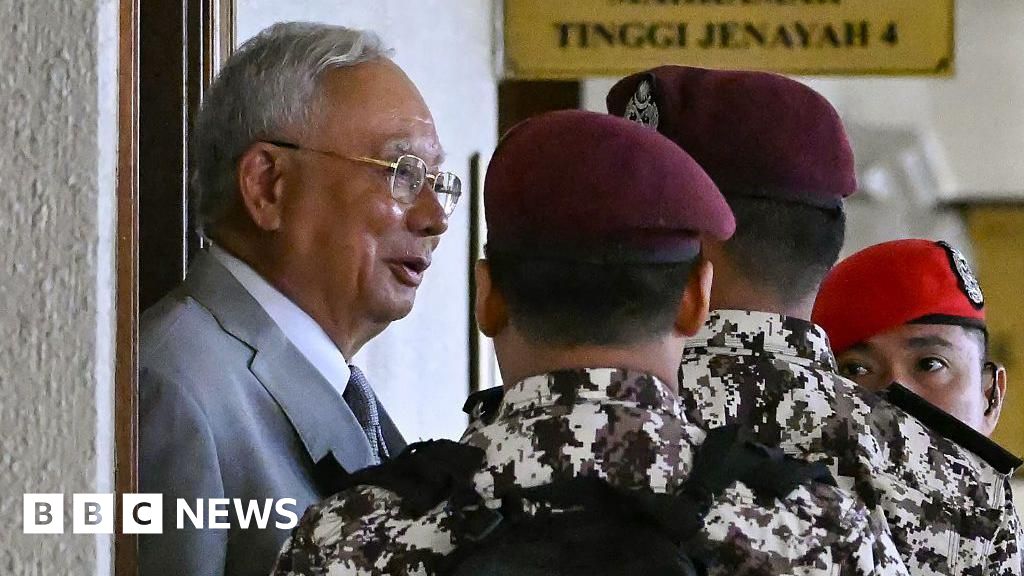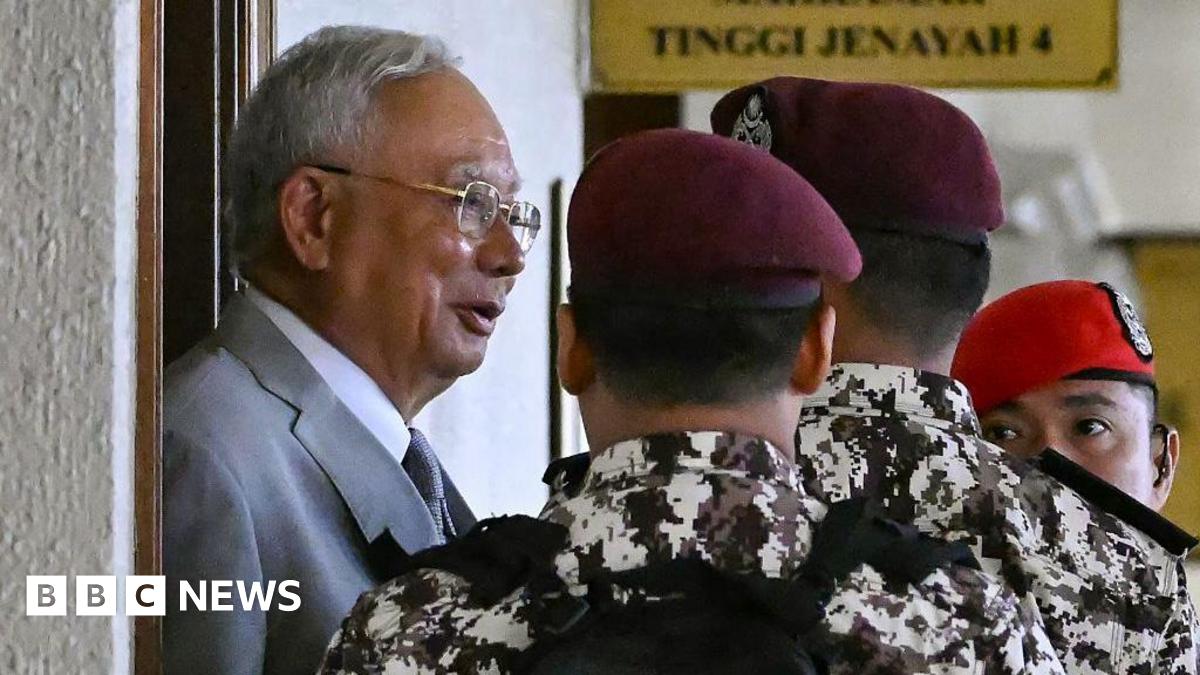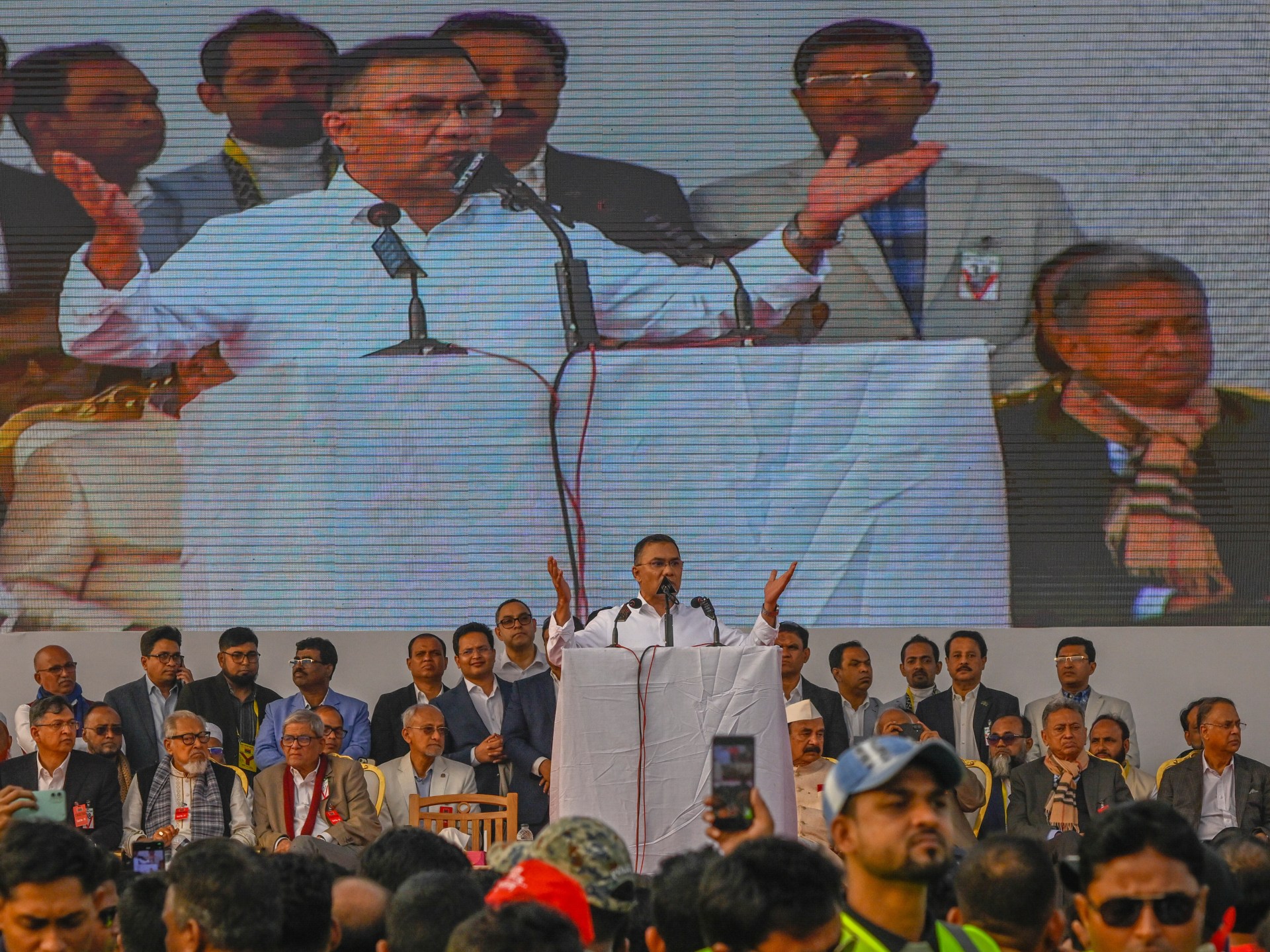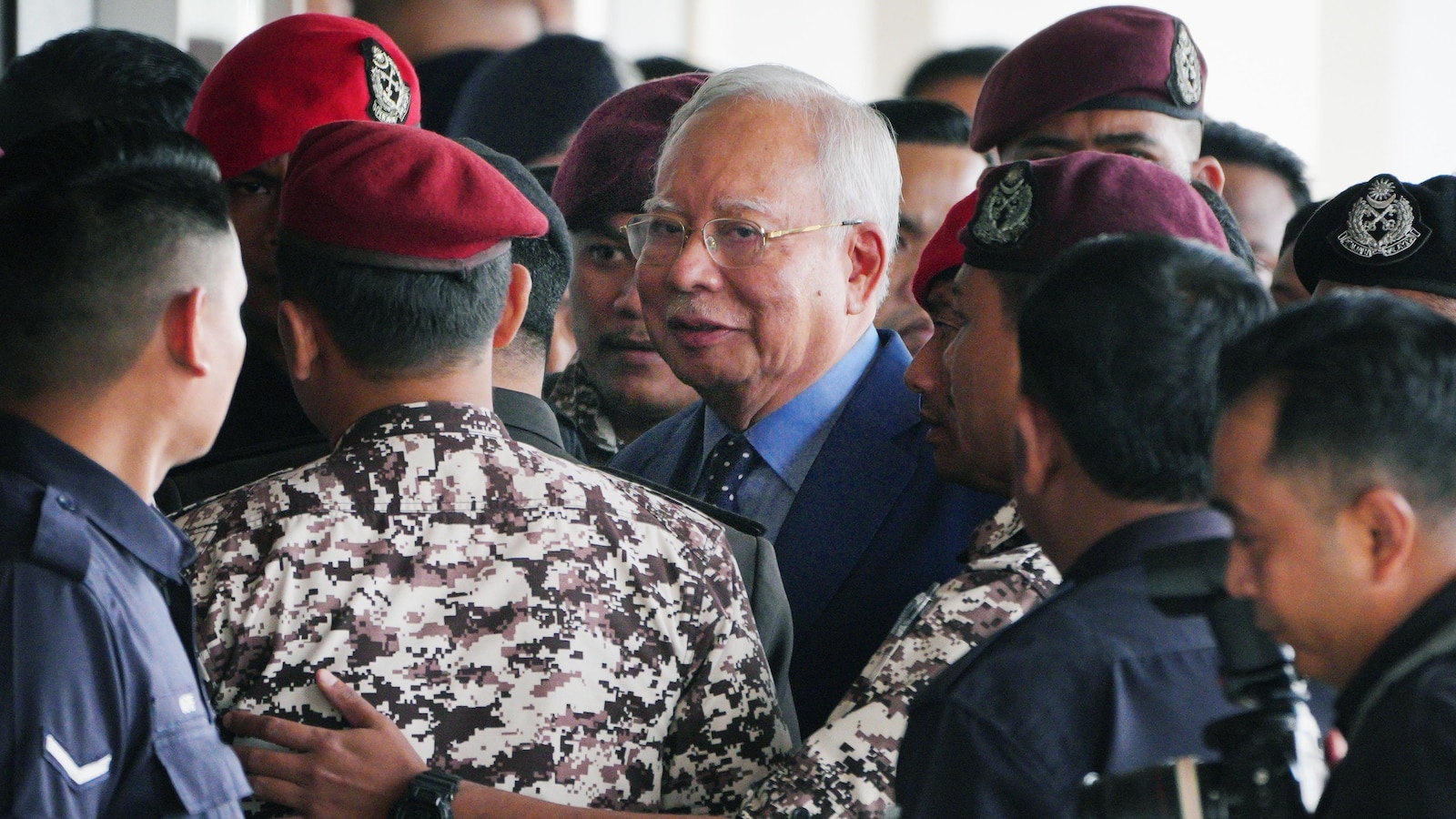A Malaysia court has convicted former prime minister Najib Razak for abuse of power and money laundering, in his second major trial for a multi-billion-dollar state funds scandal.
Najib, 72, was accused of misappropriating nearly 2.3 billion…

A Malaysia court has convicted former prime minister Najib Razak for abuse of power and money laundering, in his second major trial for a multi-billion-dollar state funds scandal.
Najib, 72, was accused of misappropriating nearly 2.3 billion…

Last week, Republican Ohio gubernatorial hopeful Vivek Ramaswamy challenged other Republicans over their idea that ancestry or heritage is what makes someone truly American.
“The idea that a ‘heritage American’ is more American than another…
Q: The Ministry of Foreign Affairs has put on its website the decision to take countermeasures against 20 U.S. military companies and 10 senior executives. Do you have any further comment?
A: In response to the latest U.S. announcement of…
Q: The Ministry of Foreign Affairs has put on its website the decision to take countermeasures against 20 U.S. military companies and 10 senior executives. Do you have any further comment?
A: In response to the latest U.S. announcement of…
Q: The Ministry of Foreign Affairs has put on its website the decision to take countermeasures against 20 U.S. military companies and 10 senior executives. Do you have any further comment?
A: In response to the latest U.S. announcement of…

Friday’s verdict comes after seven years of legal proceedings, which saw 76 witnesses called to the stand.
The verdict, delivered in Malaysia’s administrative capital Putrajaya, is the second blow in the same week to the embattled former leader,…

In this undated photo provided Thursday, Dec. 25, 2025, by the North Korean government, its leader Kim Jong Un inspects a…

Dhaka, Bangladesh — Standing amid a sea of people on the outskirts of Dhaka, Tarique Rahman, the acting chairman of the Bangladesh Nationalist Party (BNP), declared that he had “a plan for the people and for the country”.
It’s a plan that…

PUTRAJAYA, Malaysia — Imprisoned former Malaysian Prime Minister Najib Razak was convicted Friday following a corruption trial tied to multibillion-dollar looting of the 1MDB state investment fund.
The nation’s High Court found Najib, 72,…

Saturday marks the fifth annual International Day of Epidemic Preparedness. Since 2020, this event has encouraged education and awareness about how people and organizations work to prevent, prepare for, and partner against…